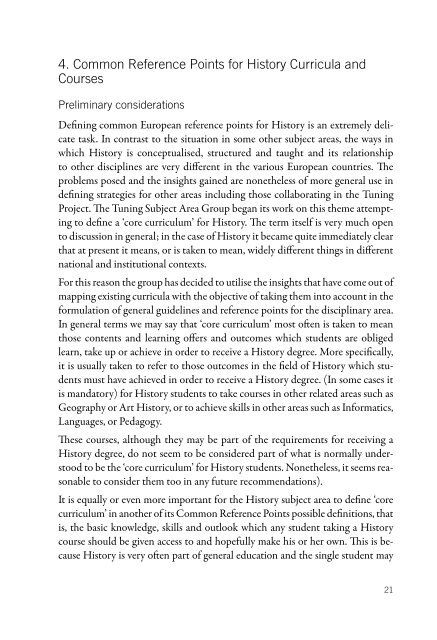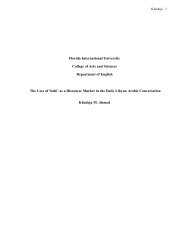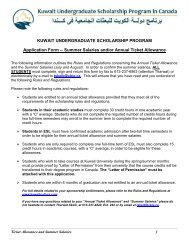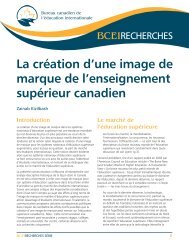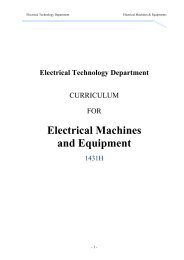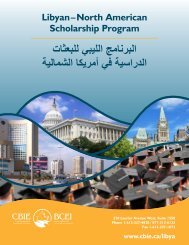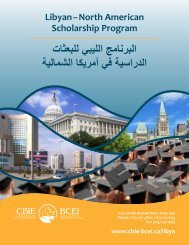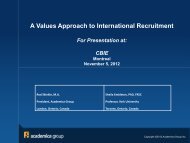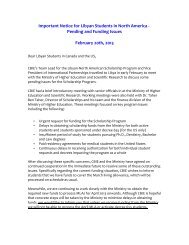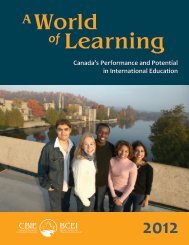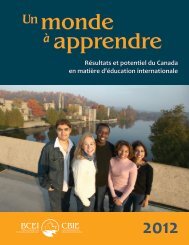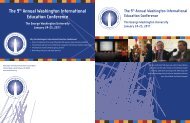Creating a New Historical Perspective: EU and the Wider World ...
Creating a New Historical Perspective: EU and the Wider World ...
Creating a New Historical Perspective: EU and the Wider World ...
Create successful ePaper yourself
Turn your PDF publications into a flip-book with our unique Google optimized e-Paper software.
4. Common Reference Points for History Curricula <strong>and</strong><br />
Courses<br />
Preliminary considerations<br />
Defining common European reference points for History is an extremely delicate<br />
task. In contrast to <strong>the</strong> situation in some o<strong>the</strong>r subject areas, <strong>the</strong> ways in<br />
which History is conceptualised, structured <strong>and</strong> taught <strong>and</strong> its relationship<br />
to o<strong>the</strong>r disciplines are very different in <strong>the</strong> various European countries. The<br />
problems posed <strong>and</strong> <strong>the</strong> insights gained are none<strong>the</strong>less of more general use in<br />
defining strategies for o<strong>the</strong>r areas including those collaborating in <strong>the</strong> Tuning<br />
Project. The Tuning Subject Area Group began its work on this <strong>the</strong>me attempting<br />
to define a ‘core curriculum’ for History. The term itself is very much open<br />
to discussion in general; in <strong>the</strong> case of History it became quite immediately clear<br />
that at present it means, or is taken to mean, widely different things in different<br />
national <strong>and</strong> institutional contexts.<br />
For this reason <strong>the</strong> group has decided to utilise <strong>the</strong> insights that have come out of<br />
mapping existing curricula with <strong>the</strong> objective of taking <strong>the</strong>m into account in <strong>the</strong><br />
formulation of general guidelines <strong>and</strong> reference points for <strong>the</strong> disciplinary area.<br />
In general terms we may say that ‘core curriculum’ most often is taken to mean<br />
those contents <strong>and</strong> learning offers <strong>and</strong> outcomes which students are obliged<br />
learn, take up or achieve in order to receive a History degree. More specifically,<br />
it is usually taken to refer to those outcomes in <strong>the</strong> field of History which students<br />
must have achieved in order to receive a History degree. (In some cases it<br />
is m<strong>and</strong>atory) for History students to take courses in o<strong>the</strong>r related areas such as<br />
Geography or Art History, or to achieve skills in o<strong>the</strong>r areas such as Informatics,<br />
Languages, or Pedagogy.<br />
These courses, although <strong>the</strong>y may be part of <strong>the</strong> requirements for receiving a<br />
History degree, do not seem to be considered part of what is normally understood<br />
to be <strong>the</strong> ‘core curriculum’ for History students. None<strong>the</strong>less, it seems reasonable<br />
to consider <strong>the</strong>m too in any future recommendations).<br />
It is equally or even more important for <strong>the</strong> History subject area to define ‘core<br />
curriculum’ in ano<strong>the</strong>r of its Common Reference Points possible definitions, that<br />
is, <strong>the</strong> basic knowledge, skills <strong>and</strong> outlook which any student taking a History<br />
course should be given access to <strong>and</strong> hopefully make his or her own. This is because<br />
History is very often part of general education <strong>and</strong> <strong>the</strong> single student may<br />
21


